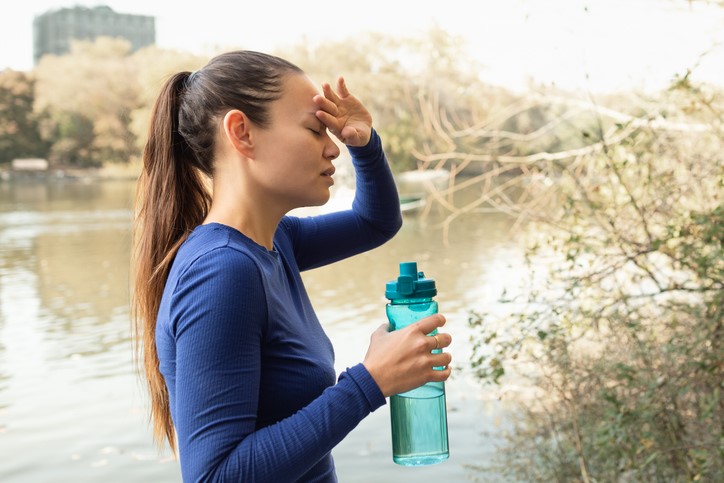
Stay Smart in the Heat: Simple Tips to Keep Your Heart Safe
When summer hits full swing and the sun is blazing, it’s tempting to dive into outdoor activities without a second thought. But before you head out, it’s worth knowing that hot weather can be tough on your heart—and your whole body. Whether you’re out for a jog, gardening, walking the dog, or just enjoying the sunshine, a few easy precautions can help you stay safe and feel good.
Why Heat Takes a Toll
When it’s hot out, your heart works harder to cool you down by pumping more blood to the surface of your skin. That extra strain can catch up with anyone—especially older adults taking medications that affect how the body handles heat. Even if you’re healthy, it’s smart to know how your body responds and when to take it easy.
The American Heart Association reminds us that high temperatures can increase the risk of heat-related illnesses for everyone, not just those with heart conditions. No matter your age or fitness level, it pays to be prepared.
How to Stay Cool and Keep Moving
- Pick your time. Try to get your outdoor time in during the cooler parts of the day—early morning or later in the evening.
- Drink plenty of water. Start hydrating before you head out, keep sipping while you’re active, and don’t forget to drink afterward too.
- Dress for the weather. Lightweight, light-colored clothes and breathable fabrics can make a big difference. Ventilated shoes and moisture-wicking socks help too.
- Protect your skin. Slather on sunscreen (SPF 30 or higher) at least half an hour before going outside. Sunglasses and a wide-brimmed hat are also great shields from the sun.
- Take breaks. Shade is your friend. Rest often and listen to how your body feels.
- Bring a friend. If you're planning to exercise, doing it with a friend isn’t just more fun—it’s safer too.
Watch for Signs of Heat Trouble
Be alert for signs like dizziness, nausea, or cramps. These could mean heat exhaustion or heat cramps—your body’s way of saying it needs a break. In more serious cases, like heat stroke, symptoms include confusion, a high body temp, or fainting. If that happens, call 911 right away.
Bottom line: staying active is great—but in the heat, a little extra care goes a long way. Stay cool, stay hydrated, and enjoy your summer safely.